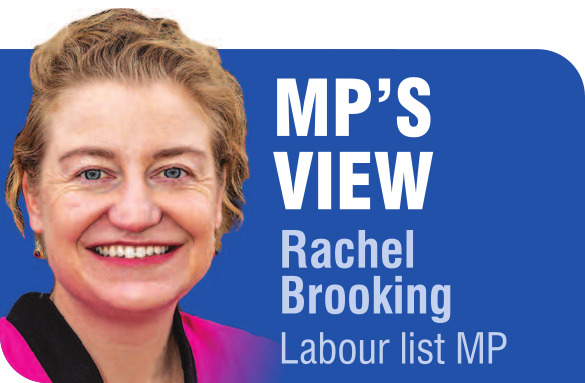
Anzac Day is a time to also acknowledge all who have been affected by war, lost loved ones, and seek refuge from conflict.
As with our Anzac commemorations last year, the shadow of war in Ukraine continues to darken the continent of Europe.
The atrocities many Ukrainians continue to endure remind us that peace between nations is fragile and, when lost, has a devastating effect on so many, leading to the deaths of thousands of innocent lives.
The invasion of Ukraine is a brutal and senseless act of war. The atrocities being perpetrated against the Ukrainian people remind us of our shared sense of humanity and loss.
Related to service (but a very different sort) I was honoured to be made a minister in Chris Hipkins’ Government last week. My portfolios are oceans and fisheries, associate environment, and associate immigration.
I’m very much looking forward to the challenges in these areas and working on issues related to climate change.
Meeting the climate challenge has always been a priority for our Government and we’ve taken a range of steps to reduce New Zealand’s greenhouse gas emissions – and they’re making a real difference.
The most recent data, released this month, shows the country’s emissions are starting to decline. While it’s encouraging to see our actions are paying off, we need to keep going.
We need meaningful action to increase renewable energy, such as wind and solar generation. That’s why we're making changes to RMA decision-making to expand New Zealand’s renewable electricity infrastructure more rapidly, by cutting red tape.
We also need to back businesses to run on, and make products with, renewable sources of energy.
Moving away from fossil fuels is good for our environment and helps local businesses maintain their competitive advantage in a world that’s increasingly demanding higher levels of sustainability in the products they buy.
That’s why our Government has stepped up with funding to help businesses reduce their reliance on fossil fuels and slash emissions faster.
The latest round of projects we’re supporting will reduce carbon emissions by 38,354 tonnes each year, which is equal to taking 14,200 cars off the road — more than the total number of cars in Wānaka.










